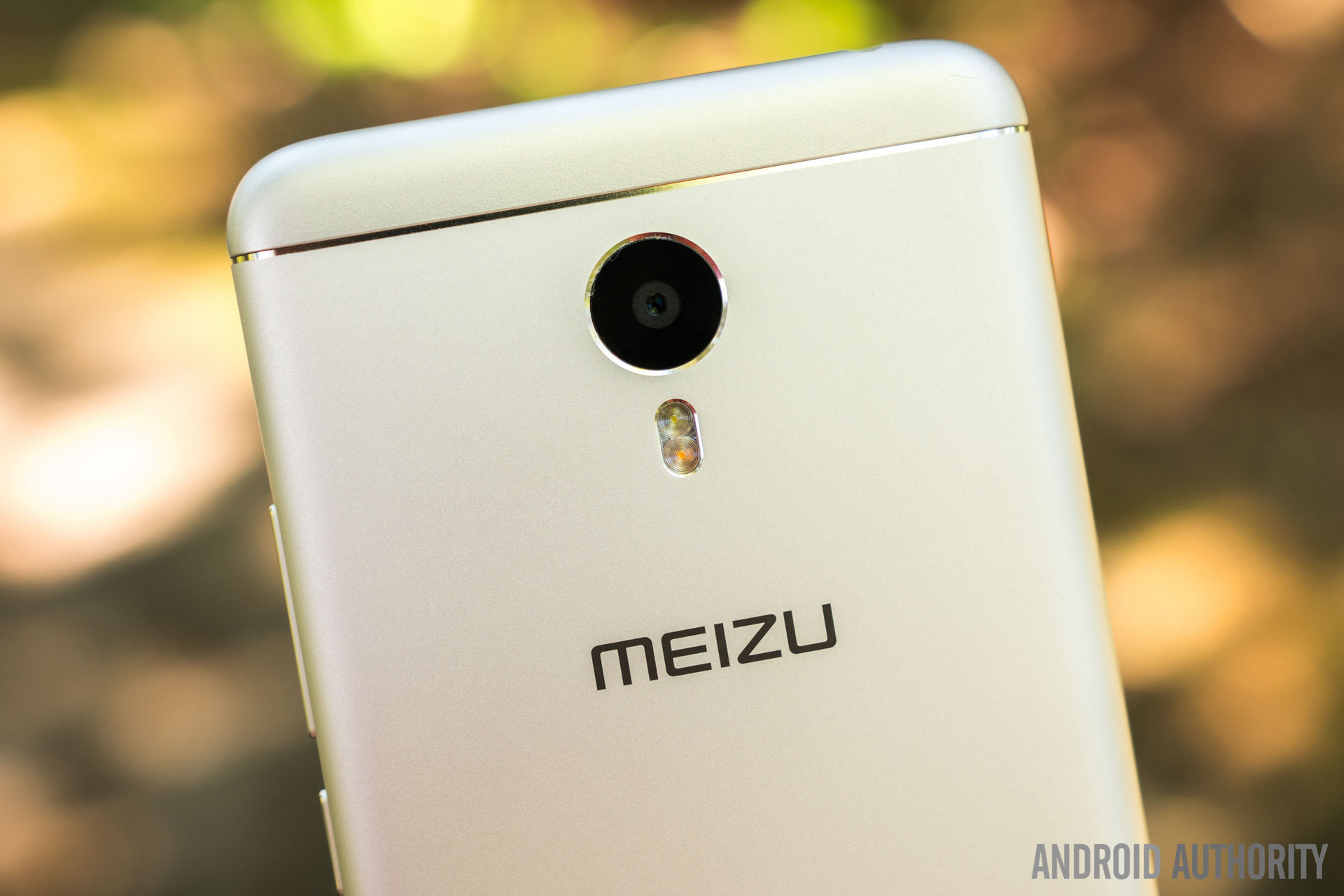Affiliate links on Android Authority may earn us a commission. Learn more.
(Update: Meizu responds) Qualcomm files formal complaint against Meizu for patent infringement

Original post, June 26: Fancy that, a Chinese manufacturer getting sued for not properly licensing a patent. In episode 5,104 of the ongoing drama of naughty Chinese manufacturers that DGAF, we revisit an eternal storyline starring two familiar characters. Meizu, the bad guy in our plot, is accused of using the righteous Qualcomm‘s patents for 3G and 4G radio standards and Qualcomm, having tired of Meizu’s stonewalling, is threatening legal consequences.

Now, as familiar as this may sound, this isn’t a typical patent litigation situation. Because China as a country doesn’t necessarily give a hoot about patent and licensing either, there is no straightforward process for bringing the legal hammer down on an infringing party. Instead, Qualcomm has filed a formal complaint to the Beijing Intellectual Property Court. It is then up to the Chinese authorities to decide if they GAF.
The long and the short of it is that, following being fined close to a billion dollars last year for anti-trust violations in the country, Qualcomm has been trying to negotiate a licensing agreement with Meizu – and many other Chinese manufacturers – for some time now. While Qualcomm claims that “more than 100 other companies have already accepted the rectification plan terms, including the largest Chinese mobile device suppliers,” Meizu still refuses to come to the negotiating table.

As Qualcomm’s evp Don Rosenberg notes in a press release: “Qualcomm’s technologies are at the heart of all mobile devices. Meizu is choosing to use these technologies without a license, which is not only unlawful, but is unfair to other licensees that are acting in good faith and respectful of patent rights, and ultimately damaging to the mobile ecosystem and consumers”.
Them sounds a long way from fighting words, but in the notoriously tricky Chinese market, that’s as close as we’re likely to get. Unfortunately, unless the Chinese authorities decide to act on Qualcomm’s complaint and take action against one of its own, Qualcomm can’t do a lot else but file formal complaints. This is why so many Chinese manufacturers have such a lax attitude towards patents and licensing.
What do you think about Qualcomm’s complaint? Thoughts on certain Chinese OEMs’ attitude towards patents?
[press]
Qualcomm Files Complaint Against Meizu In China
SAN DIEGO, June 23, 2016 /PRNewswire/ — Qualcomm Incorporated (NASDAQ: QCOM) announced that it has filed a complaint against Meizu in the Beijing Intellectual Property Court. The complaint requests rulings that the terms of a patent license offered by Qualcomm to Meizu comply with China’s Anti-Monopoly Law, and Qualcomm’s fair, reasonable and non-discriminatory licensing obligations. The complaint also seeks a ruling that the offered patent license terms should form the basis for a patent license with Meizu for Qualcomm’s fundamental technologies patented in China for use in mobile devices, including those relating to 3G (WCDMA and CDMA2000) and 4G (LTE) wireless communications standards.
Qualcomm has negotiated extensively and in good faith with Meizu to sign a patent license agreement consistent with the terms of the rectification plan submitted by Qualcomm to, and accepted by, China’s National Development and Reform Commission (NDRC) in 2015. Although Qualcomm would have preferred to reach a resolution with Meizu without the need for litigation, Meizu, unfortunately, has been unwilling to negotiate in good faith and enter into a license agreement on the rectification plan terms while unfairly expanding its business through the use of Qualcomm’s innovations without compensating Qualcomm for the use of Qualcomm’s valuable technologies. In contrast, more than 100 other companies have already accepted the rectification plan terms, including the largest Chinese mobile device suppliers.
“Qualcomm’s technologies are at the heart of all mobile devices. Meizu is choosing to use these technologies without a license, which is not only unlawful, but is unfair to other licensees that are acting in good faith and respectful of patent rights, and ultimately damaging to the mobile ecosystem and consumers,” said Don Rosenberg, executive vice president and general counsel of Qualcomm Incorporated. “We are, and have been, a good partner in China, and we are pleased to see how China’smobile ecosystem is thriving. Chinese smartphone suppliers are succeeding both domestically and globally, and we are pleased to help drive that growth. Qualcomm looks forward to continuing to increase its level of commitment to, and investment in,China across both the wireless and semiconductor ecosystems.”
About Qualcomm
Qualcomm Incorporated (NASDAQ: QCOM) is a world leader in 3G, 4G and next-generation wireless technologies. Qualcomm Incorporated includes Qualcomm’s licensing business, QTL, and the vast majority of its patent portfolio. Qualcomm Technologies, Inc., a wholly-owned subsidiary of Qualcomm Incorporated, operates, along with its subsidiaries, substantially all of Qualcomm’s engineering, research and development functions, and substantially all of its products and services businesses, including its semiconductor business, QCT. For more than 30 years, Qualcomm ideas and inventions have driven the evolution of digital communications, linking people everywhere more closely to information, entertainment and each other. For more information, visit Qualcomm’s website, OnQ blog, Twitter and Facebook pages.
[/press]